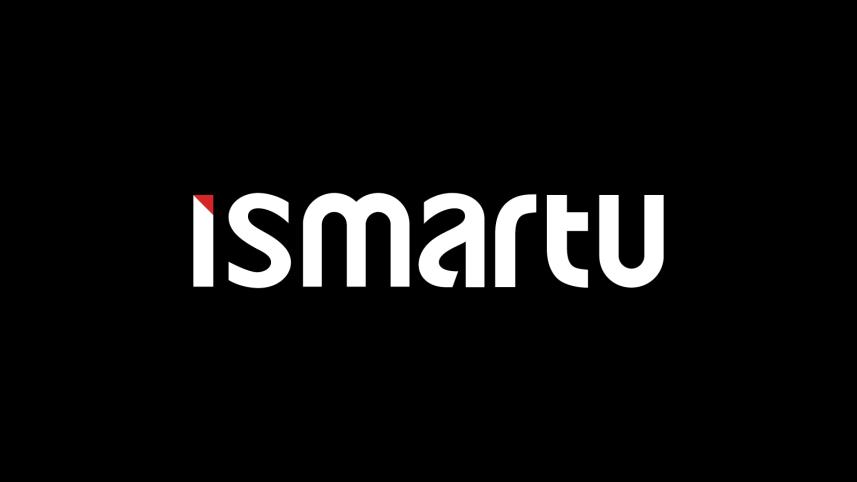Ismartu Tech to make DrKumo tablets for US export

Ismartu Technology BD Limited, the local manufacturer of Chinese brands Itel, Tecno, and Infinix, has secured regulatory approval to make tablets under the US-based DrKumo brand exclusively for export to the American market.
The Bangladesh Telecommunication Regulatory Commission (BTRC) recently approved the plan at a commission meeting, allowing Ismartu to assemble the devices under the Original Design Manufacturer (ODM) model.
The approval explicitly states that the tablets will not be sold in Bangladesh, making this the first instance of a local company being permitted to manufacture a foreign-branded device solely for export, according to the BTRC document seen by The Daily Star.
Md Emdad ul Bari, chairman of BTRC, also confirmed the matter. "We have decided to grant the company approval to manufacture tablets for export as per the guideline," he said.
Under the ODM model, local producers manufacture devices according to a foreign company's design and specifications. The products are branded by the foreign firm and usually exported, enabling cost-effective production and integration into global value chains.
Ismartu applied earlier this year, outlining plans to work with California-based DrKumo, which specialises in digital health solutions, including remote patient monitoring and telemedicine.
According to BTRC documents, DrKumo will supply the technical specifications, while Ismartu will assemble the tablets at its local facilities using printed circuit boards imported from Transsion Holdings, the same supplier for its existing Chinese brand assembly.
DrKumo will ship SIM cards from the US to be installed in Bangladesh before the devices are packaged and sent back to America for use by its staff and clients.
The BTRC document notes that the move highlights new opportunities for Bangladesh to integrate into international supply chains.
"No company has previously been granted such approval. However, if mobile phones produced in Bangladesh are exported abroad, or if foreign-branded handsets are manufactured locally for export, it will open a new avenue for earning foreign currency while also expanding Bangladesh's footprint in global trade," it states.
Until now, local handset assemblers of global brands like Samsung, Oppo, Vivo, and Xiaomi have primarily catered to domestic demand, supported by government incentives. The new deal with DrKumo highlights Bangladesh's potential in international contract manufacturing, a sector previously untapped.
DrKumo's decision to source production from Bangladesh was influenced by the lower cost of manufacturing compared to other markets, as well as the presence of certified local assemblers capable of meeting international quality standards, according to the BTRC document.
BTRC officials confirmed that Ismartu submitted all required documentation, including the draft agreement with DrKumo and technical specifications.
As per the commission's export guidelines, local assemblers must obtain explicit permission before producing any foreign-branded devices, and such production is allowed only on the condition that the entire volume is exported.
Local handset assembly has expanded significantly since 2017, following government policies to encourage investment in electronics manufacturing through tax incentives and reduced duties on raw materials.
Brands such as Samsung, Oppo, Vivo, and Xiaomi already assemble a portion of their devices in Bangladesh to serve local demand.
The latest development comes at a time when Bangladesh's handset manufacturing industry faces mounting hurdles, including sluggish consumer demand, rising production costs from a weakening taka, and higher duties that erode profits.
Ismartu Technology declined to comment on the matter.



 For all latest news, follow The Daily Star's Google News channel.
For all latest news, follow The Daily Star's Google News channel.